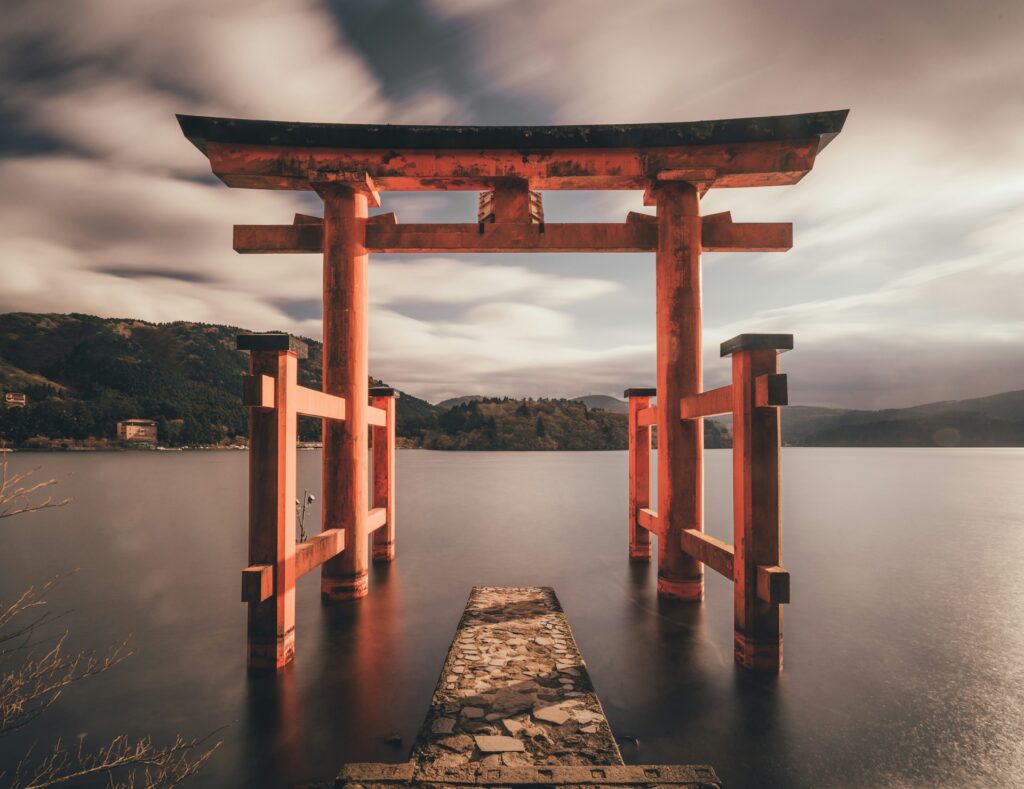Haiku 俳句 is a type of short form poetry that originated in Japan, and can be traced back from the influence of traditional Chinese poetry.
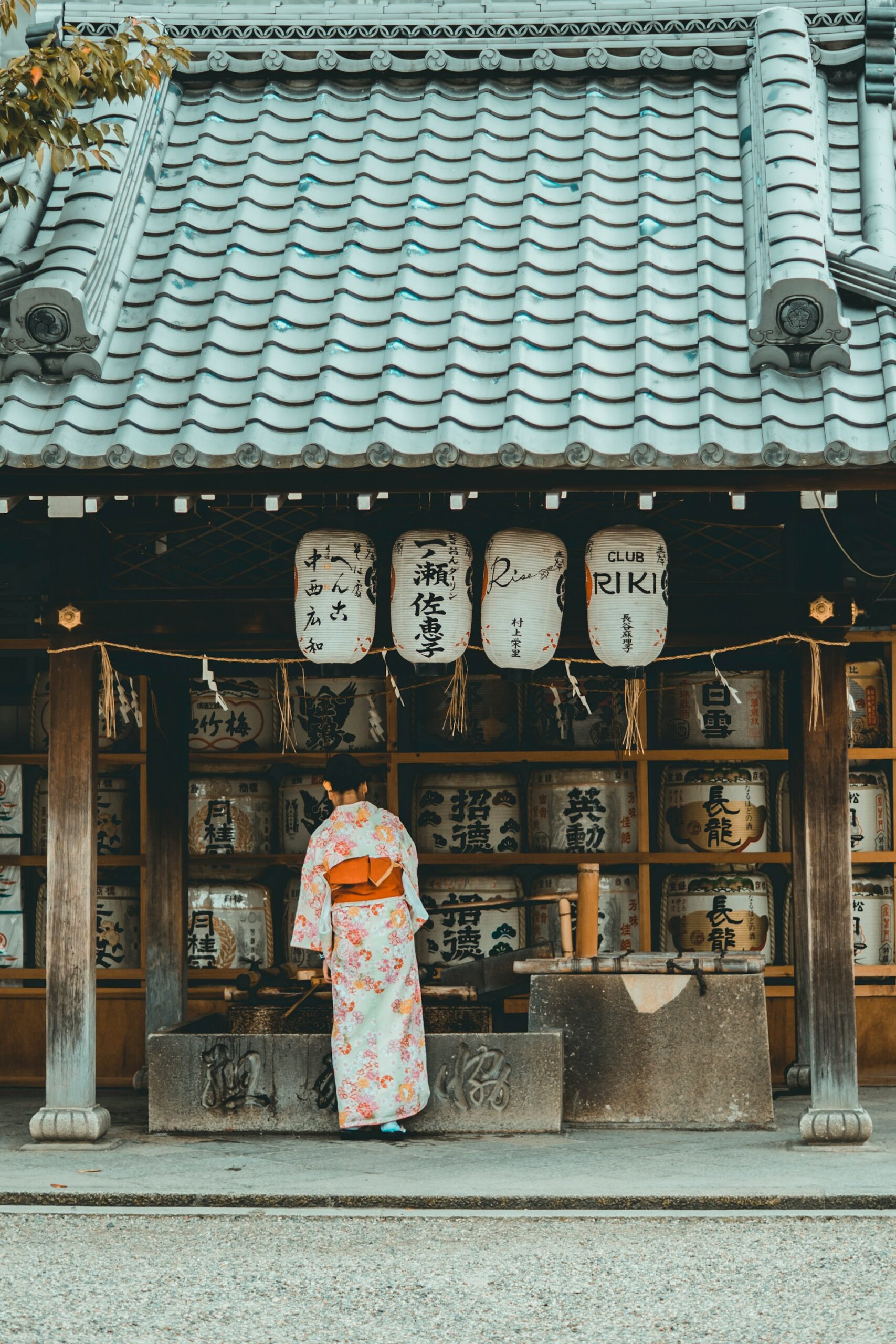
Hauku & Senryū
Traditional Japanese haiku consist of three phrases composed of 17 morae (called on in Japanese) in a 5, 7, 5 pattern; that include a kireji, or “cutting word”; and a kigo, or seasonal reference. However, haiku by classical Japanese poets, such as Matsuo Bashō, also deviate from the 17-on pattern and sometimes do not contain a kireji. Similar poems that do not adhere to these rules are generally classified as senryū.
Kiru and kireji
In Japanese haiku, a kireji, or cutting word, typically appears at the end of one of the verse’s three phrases. A kireji fills a role analogous to that of a caesura in classical Western poetry or to a volta in sonnets. A kireji helps mark rhythmic divisions. Depending on which kireji is chosen and its position within the verse, it may briefly cut the stream of thought, suggesting a parallel between the preceding and following phrases, or it may provide a dignified ending, concluding the verse with a heightened sense of closure.
On
In comparison with English verse typically characterized by syllabic meter, Japanese verse counts sound units known as on or morae. Traditional haiku is usually fixed verse that consists of 17 on, in three phrases of five, seven, and five on, respectively. Among modern poems, traditionalist haiku continue to use the 5-7-5 pattern while free form haiku do not. However traditional haiku masters were not always constrained by the 5-7-5 pattern either. The free form haiku was advocated for by Ogiwara Seisensui and his disciples.
Kigo
A haiku traditionally contains a kigo, a word or phrase that symbolizes or implies the season of the poem and is drawn from a saijiki, an extensive but prescriptive list of such words. Season words are evocative of images that are associated with the same time of year, making it a kind of logopoeia. Kigo are not always included in non-Japanese haiku or by modern writers of Japanese free-form haiku.
Old pond by Matsuo Bashō
old pond
frog leaps in
water’s sound
Matsuo Bashō 松尾 芭蕉 Old pond
古池や蛙飛び込む水の音
ふるいけやかわずとびこむみずのおと
Matsuo Bashō
Matsuo Bashō 松尾 芭蕉 (1644 – November 28, 1694); born Matsuo Kinsaku (松尾 金作), later known as Matsuo Chūemon Munefusa (松尾 忠右衛門 宗房) was the most famous Japanese poet of the Edo period.
Haiku
俳句
Summer
the wind of Fuji
I’ve brought on my fan
a gift from Edo
富士の風や扇にのせて江戸土産
ふじのかぜやおうぎにのせてえどみやげ
Fuji no kaze ya ōgi ni nosete Edo miyage
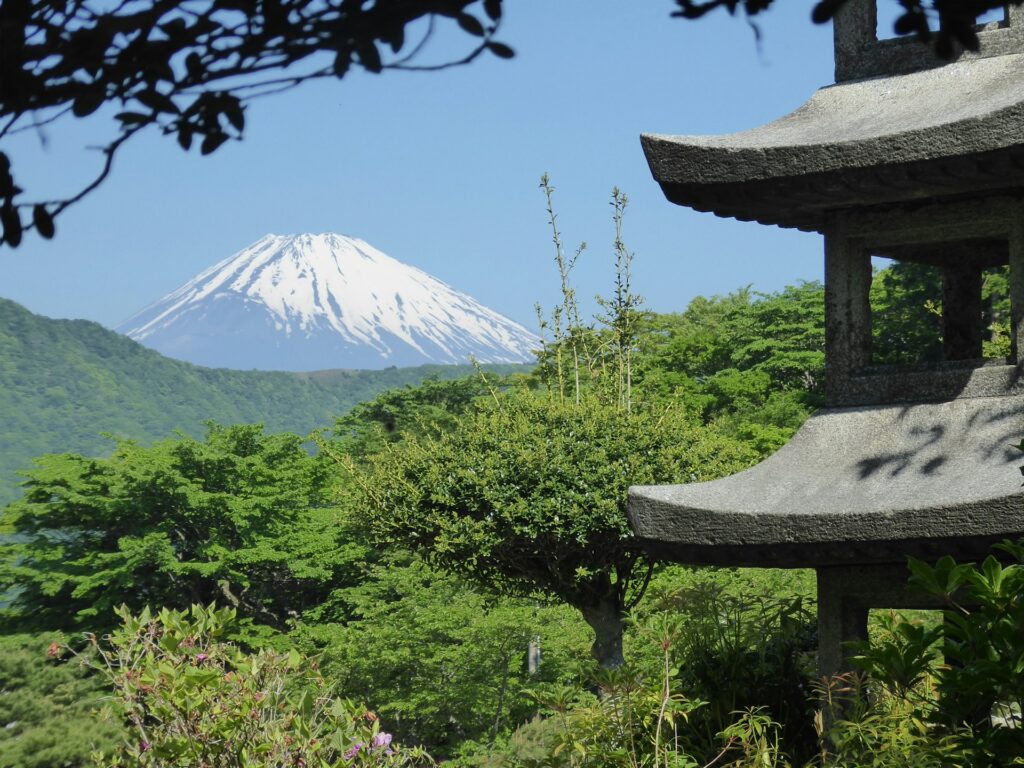
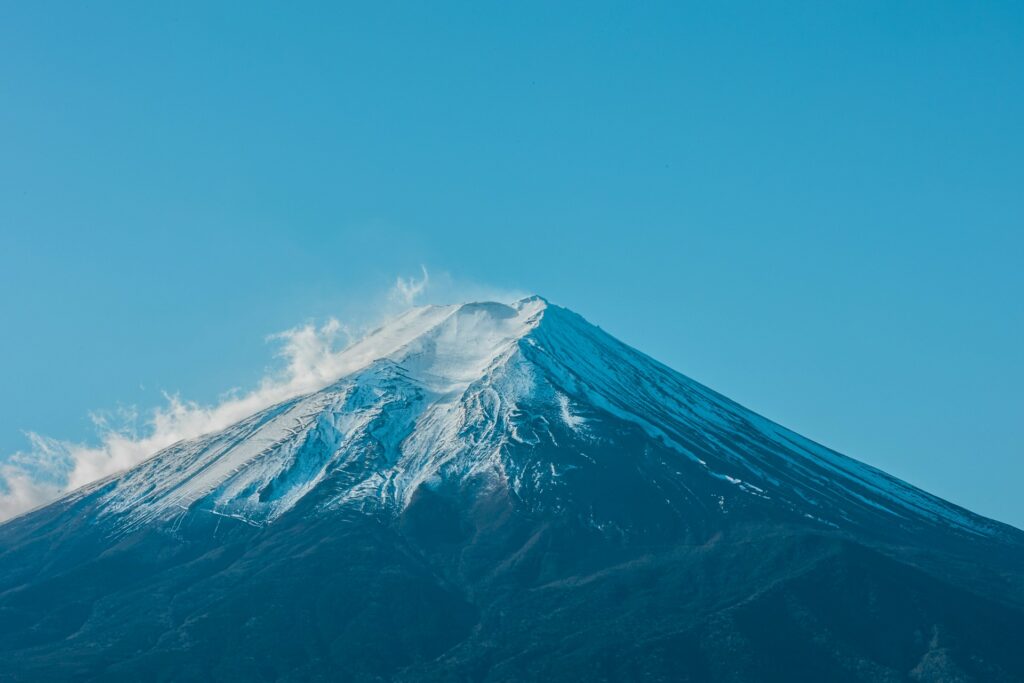
Winter
初しぐれ猿も小蓑をほしげ也
はつしぐれさるもこみのをほしげなり
hatsu shigure saru mo komino o hoshige nari
the first cold shower
even the monkey seems to want
a little coat of straw
古池や蛙飛び込む水の音
ふるいけやかわずとびこむみずのおと
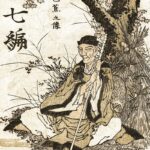
Matsuo Bashō
松尾 芭蕉
Thoughts flow
A post blooms
Sharing sparks.
